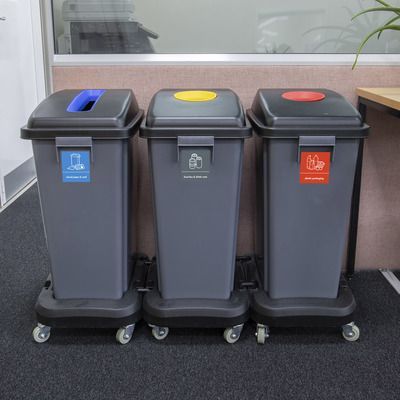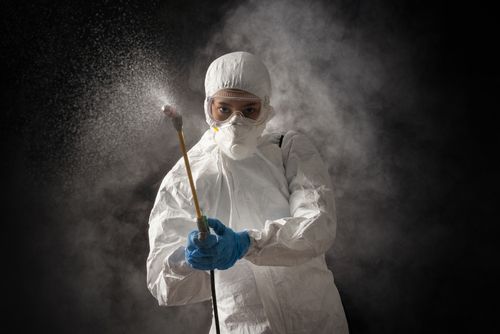Follow Us
Get in touch
Spectrum Cleaning Solutions, Londesborough Road Business Park, Scarborough, North Yorkshire
Phone: 01723 373 509
Opening hours
Monday - Thursday: 8:30 -17:00
Friday: 8:30-16:00
Saturday - Sunday: Closed
Coronavirus Advice
This article was last updated on the 19th November 2020.
Coronavirus Advice – February 2020
Following the outbreak of Novel Coronavirus, please find our guidance on best practice to keep safe.
You can find detailed information about how to prevent the spread of infection from Public Health England on Gov.uk: https://www.gov.uk/government/publications/wuhan-novel-coronavirus-infection-prevention-and-control
Hand Hygiene
The overriding advice for the public is to observe good hand hygiene, ensuring you wash hands correctly and frequently. The NHS advises to wash your hands for at least 20 seconds:
Use soap and water to build up a lather in your hands. Ensure all surfaces of the hands are cleaned, including the thumbs, palms, between fingers and fingertips. When you’ve finished washing your hands, rinse off the soap and dry your hands thoroughly. Hands left damp can quickly attract and breed germs.
You can also use an alcohol-based hand rub after washing your hands or in place of soap and water if you cannot get to a sink. Alcohol-based hand sanitisers are not effective at cleaning visibly dirty hands but at levels over 60% alcohol, they are effective at killing 99.9% of bacteria.
GOJO Antimicrobial Foaming Handwash and Purell Advanced Hygienic Hand Rub meet EN 14476+A1 (v.2015), giving you confidence that you’re in safe hands.
Surface Cleaning
For infection control, the PHE recommends using a neutral detergent followed by a chlorine-based disinfectant and cleaning surfaces regularly, at least daily if caring for someone who is suspected to have contracted Coronavirus. Always use adequate PPE and ensure any staff members caring for a patient are trained in the safe use of PPE.
Bio Productions Chlorine Sanitising Tablets – 1 tablet dissolved in 1L of water gives 1,000 ppm of available chlorine suitable for disinfecting surfaces such as bathrooms, kitchens, door handles etc.
Safe Zone Plus is a ready to use virucidal disinfectant, easy to use when Chlorine is not suitable.
For further information please read the Public Health advice at: https://www.gov.uk/government/publications/wuhan-novel-coronavirus-infection-prevention-and-control
Alternatively the World Health Organisation advice can be found here: https://www.who.int/emergencies/diseases/novel-coronavirus-2019/advice-for-public
The post Coronavirus Advice appeared first on Spectrum.



Opening Hours
Monday - Thursday: 8:30 -17:00
Friday: 8:30-16:00
Saturday - Sunday: Closed
Get in Touch
Spectrum Cleaning Solutions, Londesborough Road Business Park, Scarborough, North Yorkshire
Phone: 01723 373 509
Spectrum Cleaning Solutions Limited is a registered business in England & Wales under company number 04687668.
Registered company address: Units 9 & 10 Londesborough Road Business Park, Londesborough Road, Scarborough, North Yorkshire, England, YO12 5AF.